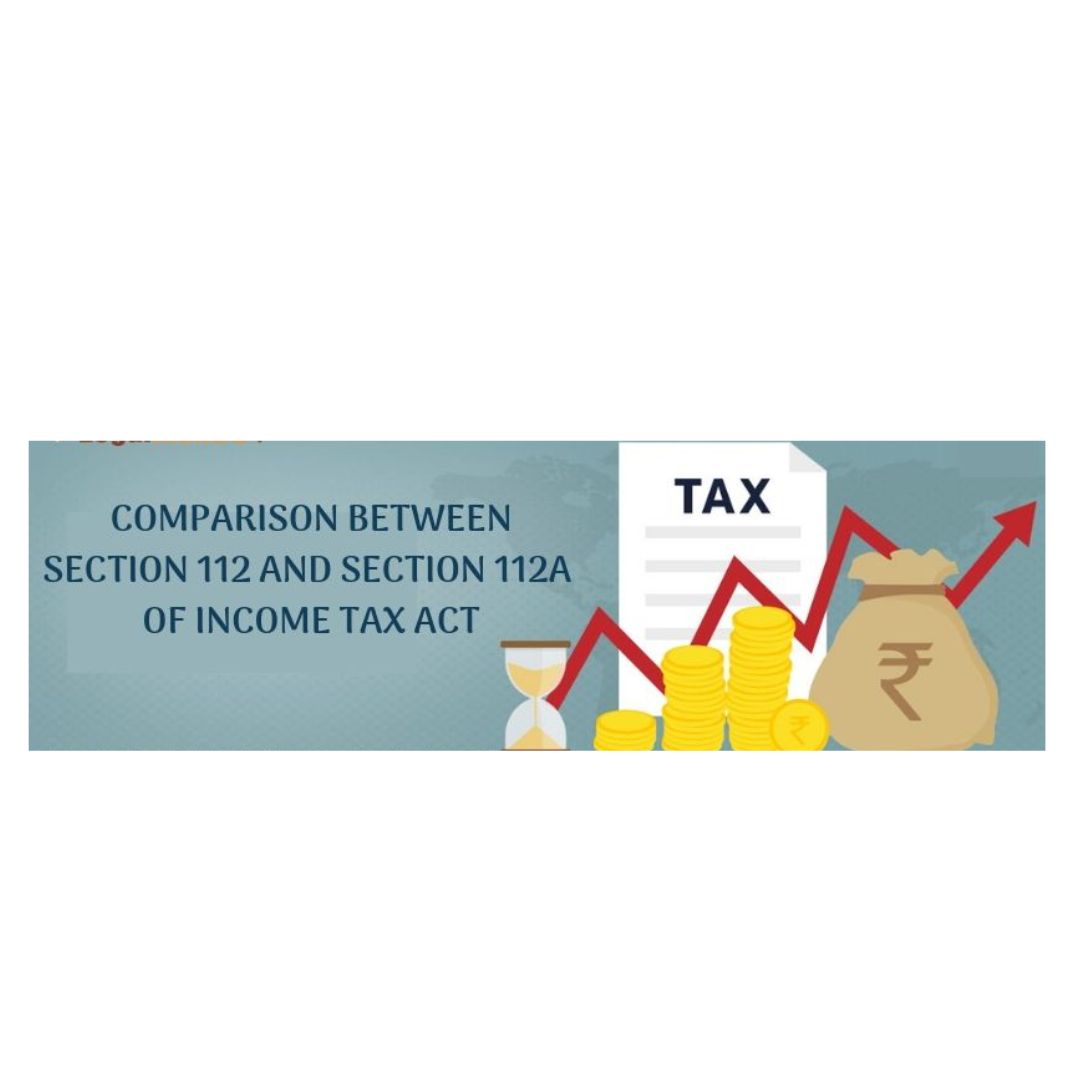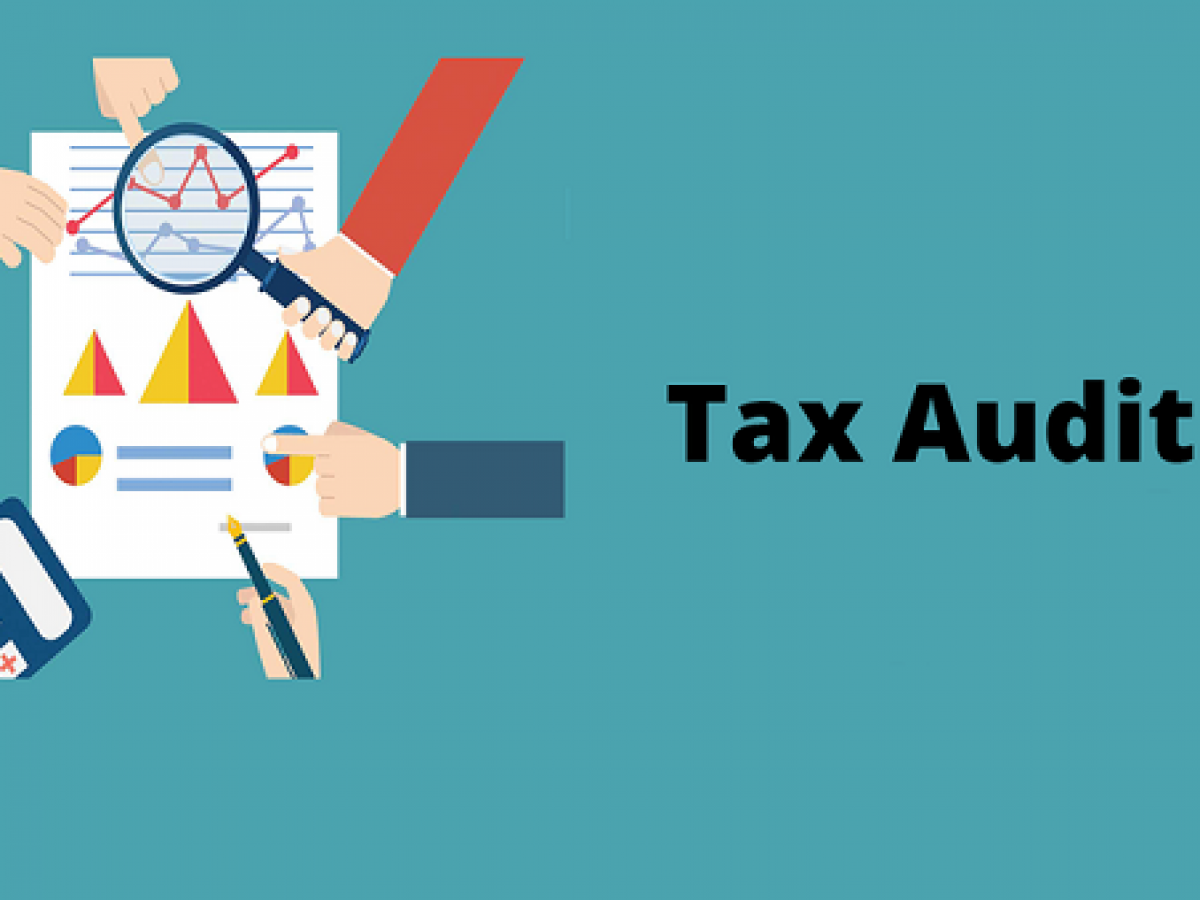What is the meaning of net taxable income?
Net taxable income Net Taxable income represents the portion of income that is liable to taxation after considering all eligible deductions and exemptions. It is the income remaining after deducting allowable expenses like contributions to provident fund, investments in specified tax-saving schemes, medical expenses, and more from the gross income. To visit https://www.gst.gov.in/ To calculate… Read More »








